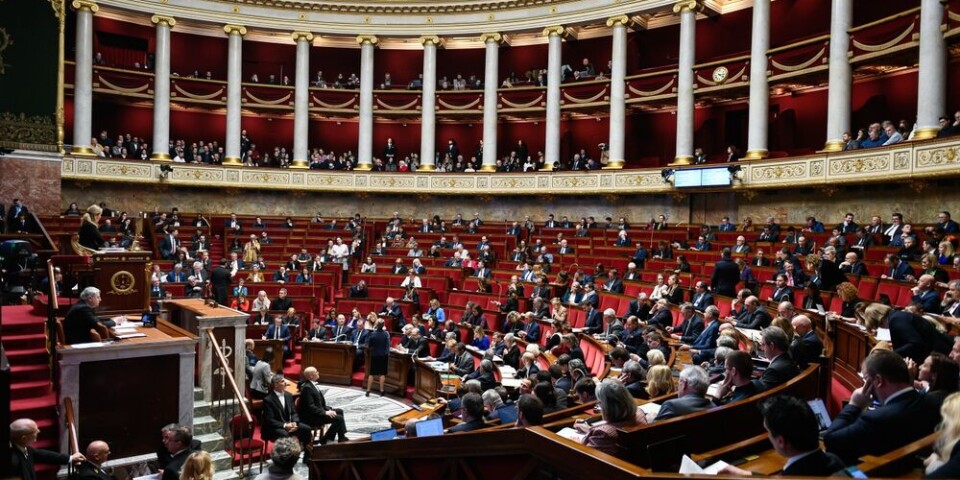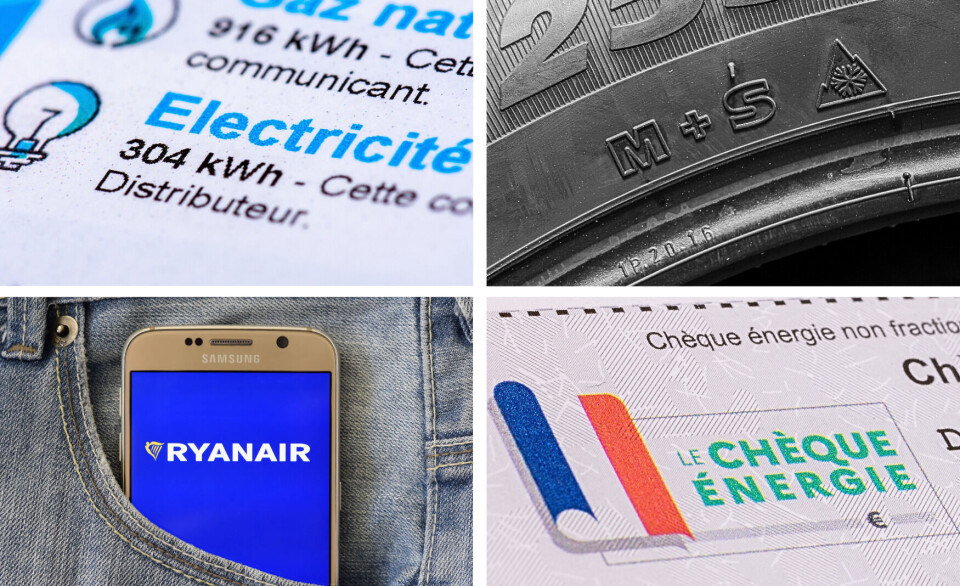Plan to recycle unused medicines could save €1.5 billion a year
Products returned to pharmacies to be repackaged then resold under health minister's plan
Drugs would have to be within their permitted expiry dates in order to be reused
Sinisha Karich/Shutterstock
France’s Health Minister Catherine Vautrin is considering a move to put medical products that are not expired, and are returned to pharmacies, back on the market for reselling.
The move would see products repackaged, sometimes individually, in a bid to reduce waste and save the social security system €1.5 billion a year.
Dealing with unused medicines and putting them into sorting bins is part of a pharmacist’s daily tasks. “I take the medicine, remove it from its secondary packaging and the box, and then I throw it away," one pharmacist told France 2.
The paper and plastic are recycled, but the medicines – tablets, capsules, ointments, creams, syrups and drops – are incinerated to produce energy in the form of steam and electricity.
However, one pharmacist interviewed said that while the minister’s proposal is interesting, it may be difficult to implement for low-cost medicines. “Here, I have a medicine that costs €3.60. If there is a whole recycling and security process that takes a lot of time, and therefore money, it will not be profitable,” said Yorick Berger, a pharmacist in Paris.
On the other hand, if the price of the tablet exceeds £10, repackaging becomes advantageous. “There are some very expensive medicines, such as cancer drugs, which can sometimes cost several hundred or even several thousand euros. So when these drugs are returned to us, either because the patient has died or because they are changing their treatment, it is a shame to throw them away,” said Philippe Besset, president of the Federation of Pharmaceutical Unions.
Any medicines to be reused would first be checked and analysed before being made available to other patients.





























